"Poetry doesn't matter much, really, except when you consider that men go to their graves every day for lack of knowledge of what is to be found there." William Carlos Williams
A Poem Request
This burning insight by the poet William Carlos Williams describes how poetry has been enjoyed by humans for thousands of years. From Homer and the Iliad to today, poetry enables the soul to communicate with other humans. It describe the otherwise indescribable to create truth in both joy and pain.
As when in 2017 I got a call from my good friend who at 19 went to Vietnam voluntarily as a Green Beret and told me when I answered: “My niece’s husband was a SEAL who fought for 20 years and just put a bullet in his head. He will be buried at Arlington National cemetery in three days. Can you write a poem for his surviving wife and three children?”
My first thought was NOOOOOOO!!!
Just writing a poem is hard. Receiving inspiration and writing a poem makes it easier. Writing a poem unexpectedly for a man I did not even know was impossible. But not having been able to bury my MIA uncle 1st Lt. Frank J. Curley, and having buried my uncles Ray Curley and Billy Curley at Arlington Cemetery, I knew what that American military burial rite meant.
All men have their duty. Honorable men perform their duty.
As I knew poetry can provide some comfort and a reason to go on despite the indescribable pain of the death of a spouse, such as that endured by the surviving wife of a Navy SEAL who checked out after he could no longer endure the pain of combat-caused death of friends and survivors guilt, I knew I had to write it…somehow.
So, I got to work and wrote, “Soft Feet Walk the Wet Green Grass of Arlington.” (You can read it at the end of this Substack.)
My friend called me a week after the funeral to say his niece framed the poem as it did provide her comfort.
Why Write a Poem
Poems use few words in a limited space that require short and muscular sentences. They require discipline, crafting, structure, and yes, beauty and elegance when done well. They have helped reinforce humanity and civilization since the dawn of time.
Throughout human existence, poetry has provided strength to males (the warrior Homer), immortalized females (see Helen of Troy in The Iliad of Homer), and enabled humans to understand one another when nothing else would.
The ancient Greeks believed poetry was so important they assigned several of the muses to cover the enormity of it (Calliope, the muse of epic poetry, Euterpe, the muse of music and lyric poetry, Erato, the muse of love poetry, and Polyhymnia, the muse of hymns and sacred poetry).
As another indication of the deep need in humans for poetry, in ancient Greece and Ireland and other ancient civilizations, poetry was memorized and repeated orally around house fires and campfires hundreds of years before they were written down.
In ancient Ireland, before a man could become a Finian warrior, he had to memorize thousands of lines of poetry. Irish kings had to finance any poet who appeared at his castle and there are funny poems about a spendthrift poet bankrupting a king.
According to The Wild Geese website A Brief History of Poetry in Ireland:
All poets have the uncanny ability to tap into the realm of spirit. It is a gift that enables us to transcend the mundane, and experience the world as we see and feel it, and know how it should be. We have the ability to turn what to most people, are chaotic thoughts and feelings, into beautiful and meaningful works of art. We are blessed with the grace that enables us to never stray far from our original nature, despite having to live and survive in the material world. We poets pass on what we have learned through our words, which are the manifestation of our collective knowledge.
It is a shamanistic quality which we possess. If we believe as I do that we are gifted and if we further believe that a gift only works when we give it away willingly, then it is our duty to pass it on. All cultures revere their poets, none more so than my own, the Irish. We call them Seanacchie (shan-a-key) meaning the storytellers, the bards and the minstrels.
It is widely accepted that both the oral tradition of storytelling, and the early written works of ancient Ireland are among the most original and earliest forms of communication in Europe. Poetry in Ireland has survived the ravages of time for two main reasons.
Firstly, Ireland sits in the Atlantic Ocean, on the westernmost edge of Europe and thus insulated from much of the happenings elsewhere on the continent. From the end of the last ice-age until the 4th century it enjoyed relative peace and solitude. It remained unscathed even when the violent legions of the Roman empire swept across the world conquering towns and villages and imposing Roman law.
Secondly, prior to the 4th century, writing had not yet been developed in Ireland and all important information such as history and lore was memorized and passed down orally through the generations by master storytellers, and from father to son. Even after literacy took hold in the 4th century, and much was written down by scribes and monks in the monasteries, the old tradition was kept alive and is still used today. The thinking at that time may have been that if you put your words on paper you run the risk of them being lost or destroyed. This did actually happen when the Saxons raided Ireland in 686 AD and again when Viking marauders struck in 798 AD.
The first mention of the storytelling tradition in Ireland, is found in the one of the old annals called the Book of Invasions. The tradition begins with the Tuatha De Dannan, a race of people who inhabited Ireland well before the beginning of western civilization, and has been handed down ever since through each successive generation. The name Tuatha De Dannan means “people of the goddess Danu.”
They were a supernatural race who came to Ireland with the intention of removing the evil Fomorians, a race that already inhabited the island and who caused destruction and mayhem. The Tuatha were divided into three tribes, the tribe of Tuatha who were the nobility, the tribe of De, the priests. and the tribe of Danann, the bards and storytellers.
In medieval Ireland, there was a distinct hierarchy in the poetic tradition. Two groups of Poets existed, the Ollamh and the Bard, and each group took their respective places side by side, in the recounting of all important Irish affairs. A poet in Irish society was revered, held a privileged position and was granted special rights regarding property and immunity from many legal issues.
The Bard was a professional poet and musician, trained in the Bardic Schools of Ireland and was employed by a king, chieftain or nobleman. His role was to compose poems and songs to glorify the virtues of his employer and family. As officials of the court of king or chieftain, they performed a number of official roles. They were renowned performers and entertainers, and were also revered as teachers. They used meter and rhyme as a way of memorizing their words.
He memorized and preserved the history and traditions of their clan and country, as well as the technical requirements of the various poetic forms, such as syllabic, assonance, half rhyme and alliteration. The Bard would also be required to study, understand and be fully versed with the Ogham tree-alphabet when it arrived later on In Ireland.
The Bard would be familiar with the history of the royal family, his own clan members and the country and would compose eulogies. They were chroniclers and satirists whose job it was to praise their employers and curse anyone who dared to anger them. It was believed that a well-aimed poem, could cause blisters to break out on the face of its target, so sharp and direct were the words. It has been recorded that Bards had the power to settle arguments and even intervene in violent confrontations, and using their words, defuse the situation.
Even after Ireland converted from pagan to Christian, the Irish poet was held in higher esteem than the priest. They believed that God spoke directly to, favored, and inspired a poet, while the priest got his knowledge only by his own efforts through study.
What Poetry Means
Poetry is a vast and diverse art form. Oftentimes, a subject that cannot be described in rational terms can be described through inspiration. SpaceX engineers build space rockets, but it took Elon Musk’s inspiration to conceive of a reusable space rocket. Like engineering space rockets, poetry requires inspiration and not just words.
Poetry covers so many topics: love, bereavement and death, passion, emotion, marriage, failure, success, sorrow and adversity, religion, nature, war, patriotism, tragedy, and triumph, all reflecting on the broad canvas of the human experience.
Poetry makes connections within human connections about areas that, at first, seem entirely unrelated. In the great American poet Robert Frost's words, "A poem starts in knowing and ends in wonder." A poem can go from the everyday events and experiences and make these things those of wonder.
Once, poetry was everywhere. Newspapers and magazines carried it. Schools, from elementary to college, required the study of the great poetry and poetic history. The Founding Fathers read poetry in Greek, Latin, French, and Italian. They were as familiar with the poetry of Western Civilization’s poetry master’s as today’s cyber technocrats are with artificial intelligences (AI).
Sadly, recently, poetry has been abused by academics who want it to be woke. Not surprisingly, due to this, most poetry published in academia today is dull, unhuman, ideological, boring, and will not last for centuries or millenniums as poems written in the past. As a result, most average Americans want nothing to do with these woke academic poets or their insipid poetry.
The Need for Saturday Poetry
There are those who write Friday night poems,
manic, frantic poems of word grenades that are thrown in your face
fiercely and emotionally with no thought to consequence, restraint, or the future.
“It is here, man, it is in your face and your mamma’s face
and dig it, I don’t give a [choose your favorite curse word]
see, man, it is my poem, my poem that matters,
and only I matter in this world’s creation, man,
understan’ what I’m sayin’...”
and the poet leaves the stage and spotlight to screams and high fives
and another shot and beer as institutional as the poem was not.
There are those who write Sunday afternoon poetry,
wonders of iambic pentameter and tetrarch and word constructions
so dense and thick that the early settlers to American,
had they faced the same forest of words,
never would have made it past the white sands of the Eastern Seaboard
great pedantic wonders of words on page
and now on the Internet’s wall beckoning
but leaving the soul as cheated and empty
as stomachs fed on grass in a famine.
these poetry Pharisees and Seduces leave the lectern and seminar
to the abject loneliness of the desk with no window and soldier on,
cursing their superior’s orders while religiously obeying them.
Others write Saturday poetry,
work and art poetry,
poetry that takes the everyday and routine
and knows that, yes, the baby must be fed,
but the baby has always to be fed not only the sweet
and nutritious mothers’ milk, but the poetry and song
and gentle mental caress of the word well turned,
so that generations hence, poetry is still sung to the baby
whose eyes dart back and forth in half sleep and is touched
in the deepest corners of their minds by words that connect them again
to the peace of the womb and the ultimate peace of Heaven:
Like Emily Dickinson, they scrub the floors of the Halls of Poetry
just to raise their heads occasionally to hear the angels, sing.
As these effete academic “poets” no longer describe the deepest insights, beauty, feelings, longings, love, death, or any of the classic themes, like modern art, they only write poems for each other.
For example, look at Poets & Writers, the gatekeeper of modern poetry literary journals, magazines, and contests. You will see the same Diversity, Equity, and Inclusion (DEI) mind virus that has ruined academia has also ruined the poetry journals, magazines, and contests requesting poetry submissions under their control.
But centuries of poetry, like the the soul, will never be enslaved by those who seek to force poetry to serve ideological woke purposes rather than innate spiritual, transcendent, or creative human lives and experience.
And there is historical evidence for this fact. Ideological poetry was tried in the 1930’s and failed completely.
Remember. Emily Dickson only published 10 poems in regional journals when she was alive. When she died, her sister discovered the hundreds of poems she had written and published them to the wonder of millions since.
Poetic Discovery
Just recently, I have seen the power of poetry again demonstrated in my youngest son Eamon Curley. Besides being an acoustic engineer, he is the 28-year-old lead singer, songwriter, and fiddler with his group Billy and the Curley Brothers. His older brother Josh is the guitarist…thus “The Curley Brothers” part of their name.
https://www.instagram.com/billyandthecurleybrothers/
He has been struggling with writing songs. I gave him Tune Smith: Inside the Art of Songwriting by Jimmy Webb. Reading it, he discovered just how hard it is to write meaningful lyrics and how poetry has contributed to writing song lyrics for centuries.
So much so, he finally approached me about poetry. I've written and published poetry all my life, but he did not have much interest in my or others poetry. He is now open to learning the deep worth of poetry for the human soul to add to his songwriting.
I've dreamed about this day that he discover poetry for years. Although his schoolteachers did not teach him the worth of great poetry, he came to understand it on his own. At 28, he now gets it.
What Makes a Poem
Poems have direct application to all ages, but especially to young men. When seeking wisdom, experience, life lessons and how to live a worthwhile life, and most importantly, how to communicate with women to court a woman to marry and have children, the ultimate purpose of life, poetry can help in that divine task. (In college, I gave poems to friends who were dating women, and it always helped their relationships.)
Although it is difficult to say exactly what makes great poetry, below are elements that all epic poems share.
Emotional Resonance: A great poem uses emotion and speaks from the soul.
Craftsmanship: Muscular rhyme, meter, and rhythm woven into all the lines.
Originality: Never boring, great poetry is innovative, fresh, and original, and uses words and sentence structure to make language anew.
Impact: Great poetry changes lives when it is understood, felt, acknowledged, and delivered to the readers’ hearts to move them to action or compassion.
Skillful Use of Poetic Elements: Too many to cover here, but famous poems use the correct poetic elements to connect with those who read them.
Purpose and Intention: Poetic inspiration must use reason and have a purpose.
Uniqueness: A good poem is one that could only be a poem, not a short story, novel, movie script, drawing, play, or piece of music.
Ability to Evoke Emotions: Uses words that connect to a reader and their own emotions.
Depth and Complexity: Offers deeper knowledge about complex and deep ideas than any other form of expression. There is a reason poetry is read at funerals to comfort people and to help them get past their deep despair.
So, go ahead. Explore some poets and find one whose poetry speaks to you. Read them for deep human knowledge, inspiration, insight, and deep joy.
Read poetry to your children and grandchildren. I know Mum Mum, my grandmother Mary Sweeney Watson, used to read poetry to me when I was a wee one. It got into my subconscious and never left.
Write a Poem
Or even better, write a poem. And if you do decide to write a poem, don’t try for the perfect poem. Write it and move on to writing another one. It will become addictive.
And remember the advice of the French poet Paul Valery, "A poem is never finished. Only abandoned." So don’t fret or consider suicide just because it is not the perfect poem. Enjoy it for how it feeds your soul.
A poem’s true meaning lies not in its final form but in the process of creation itself. It is exercise for the soul. Embrace the iterative and imperfect nature of writing poetry. A poem’s value lies in its ability to inspire, provoke, and evolve over time, rather than in its supposed completion.
In essence, Valéry’s quote serves as a reminder that poetry is a dynamic, ongoing process, and that the act of abandonment is an integral part of the creative process.
Write a poem. Don’t be one of those men who goes to their grave “…for lack of knowledge of what is to be found there.”
Soft Feet Walk the Wet Green Grass at Arlington
Soft feet walk the wet green grass at Arlington,
Where a young mother cradles her baby and two sons,
Weeping softly in death-caused grief and pain
As her warrior husband is interred and remembered.
Many sing praises of his courage, bravery, and strength
Under enemy fire in fierce battles in foreign lands.
She feels the baby move at her neck and cry out,
Hungry for food but unaware of the greater hunger.
The mother hears more words of praise from the chaplain,
She tries to maintain, but the knot of grief grabs her throat.
She sees the two boys fidgeting and looking about
And wonders how she will explain their father to them one day.
Her pain is now to a degree she knows as few do
The sword that has pierced her heart can never be removed
In this lifetime, and will stay with her until her own death:
Until then there are three children who must be raised.
As Christ hung on a Cross and Mary saw her Son taken,
So, the Holy Spirit could be revealed to humanity,
This mother must protect, nourish, love, and kindle
The spirit of these children co-created with her husband.
The wind blows and she looks up to see a man with a flag
Telling her how grateful the nation is for her husband’s sacrifice.
She knows now what every warrior’s widow must know,
The truth of his life work that became his mission:
His love for her was the reason he was willing to die,
That sacrificial love is the reason these children live.
She cradles the baby and flag, takes the boys hands,
Stands and walks, despite the grief, to her destiny and duty.
November 14, 2017


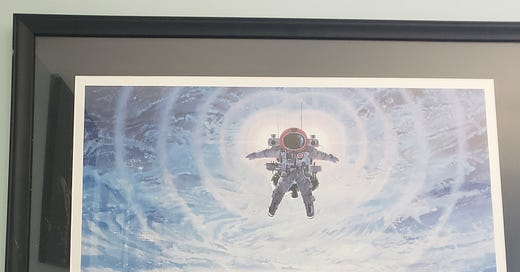



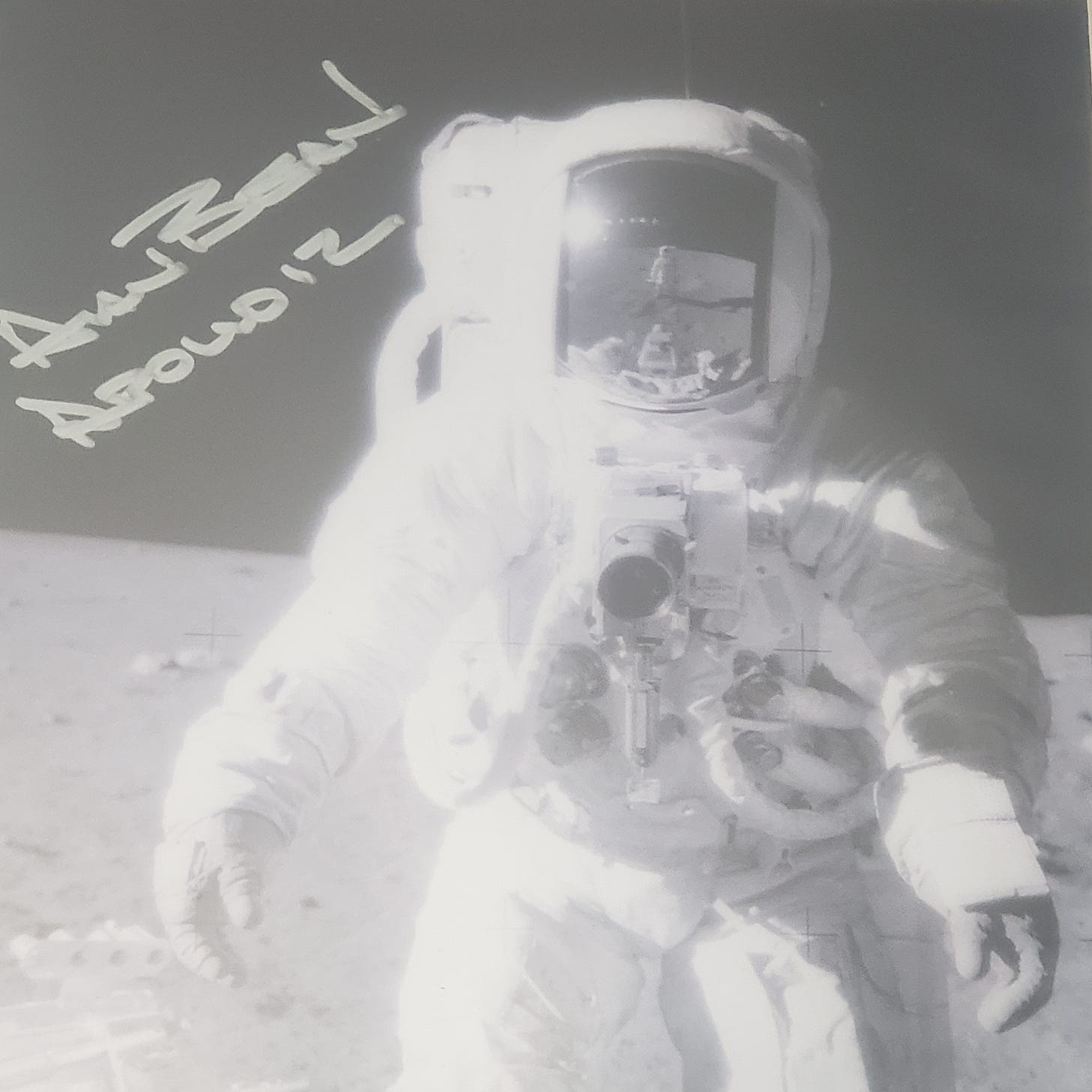
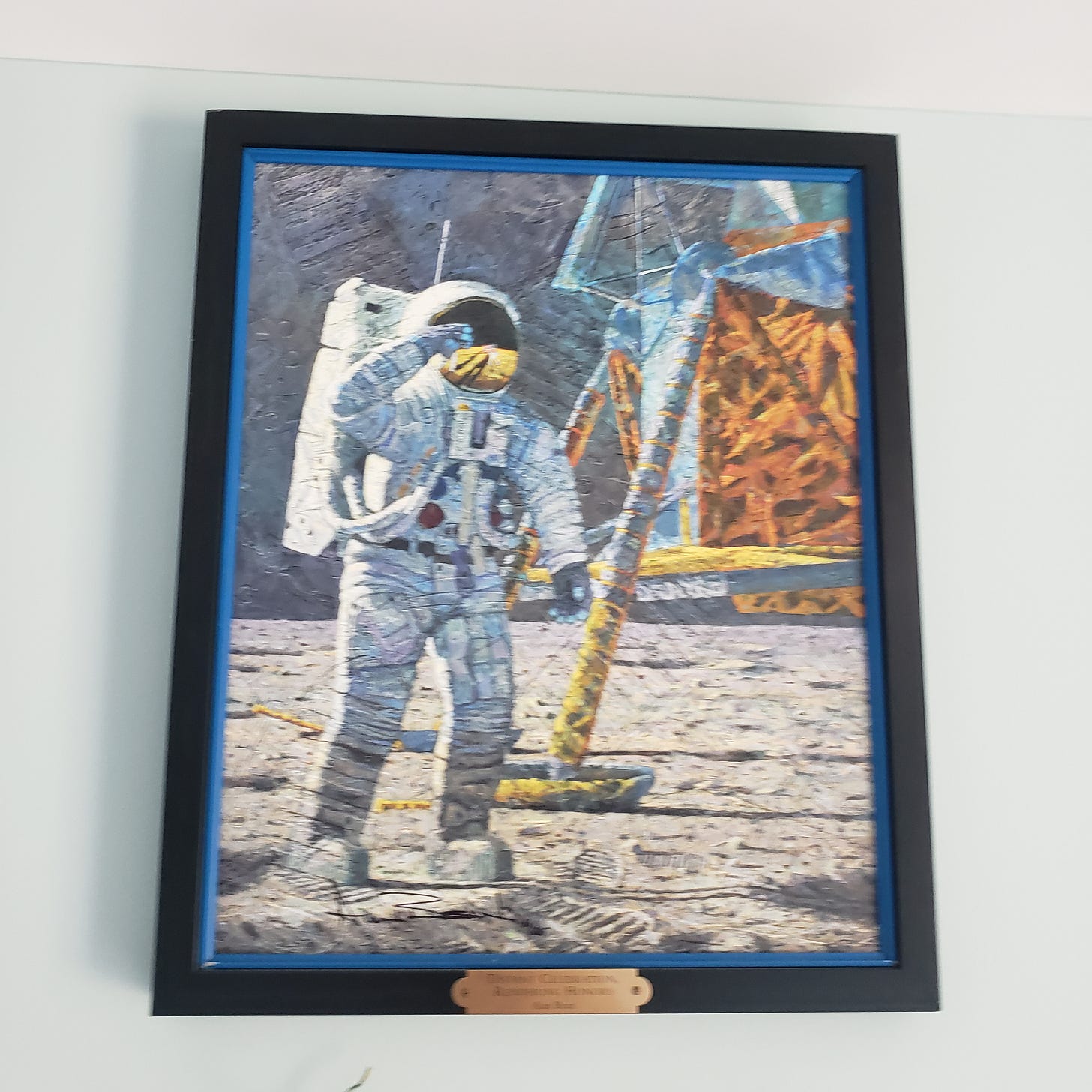
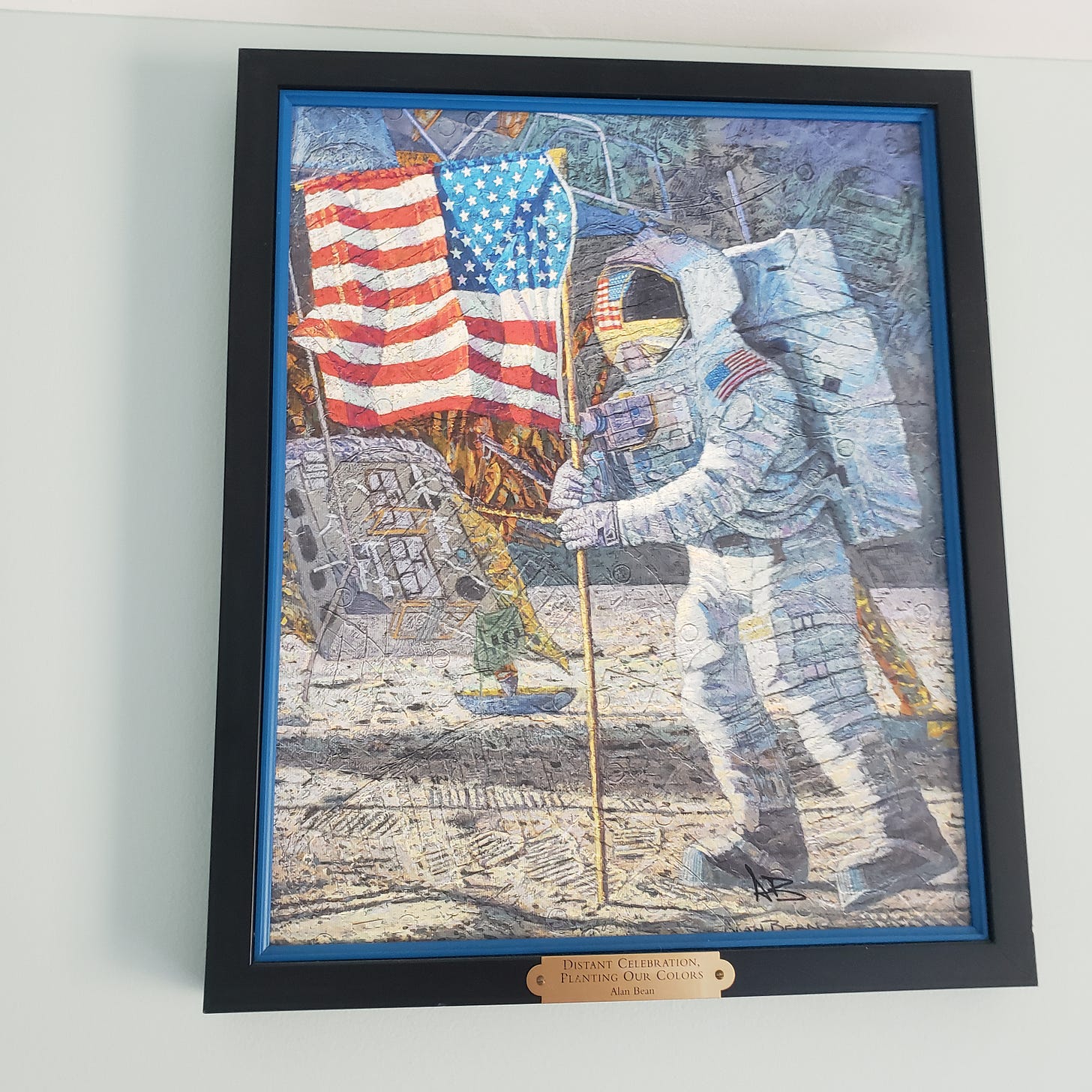

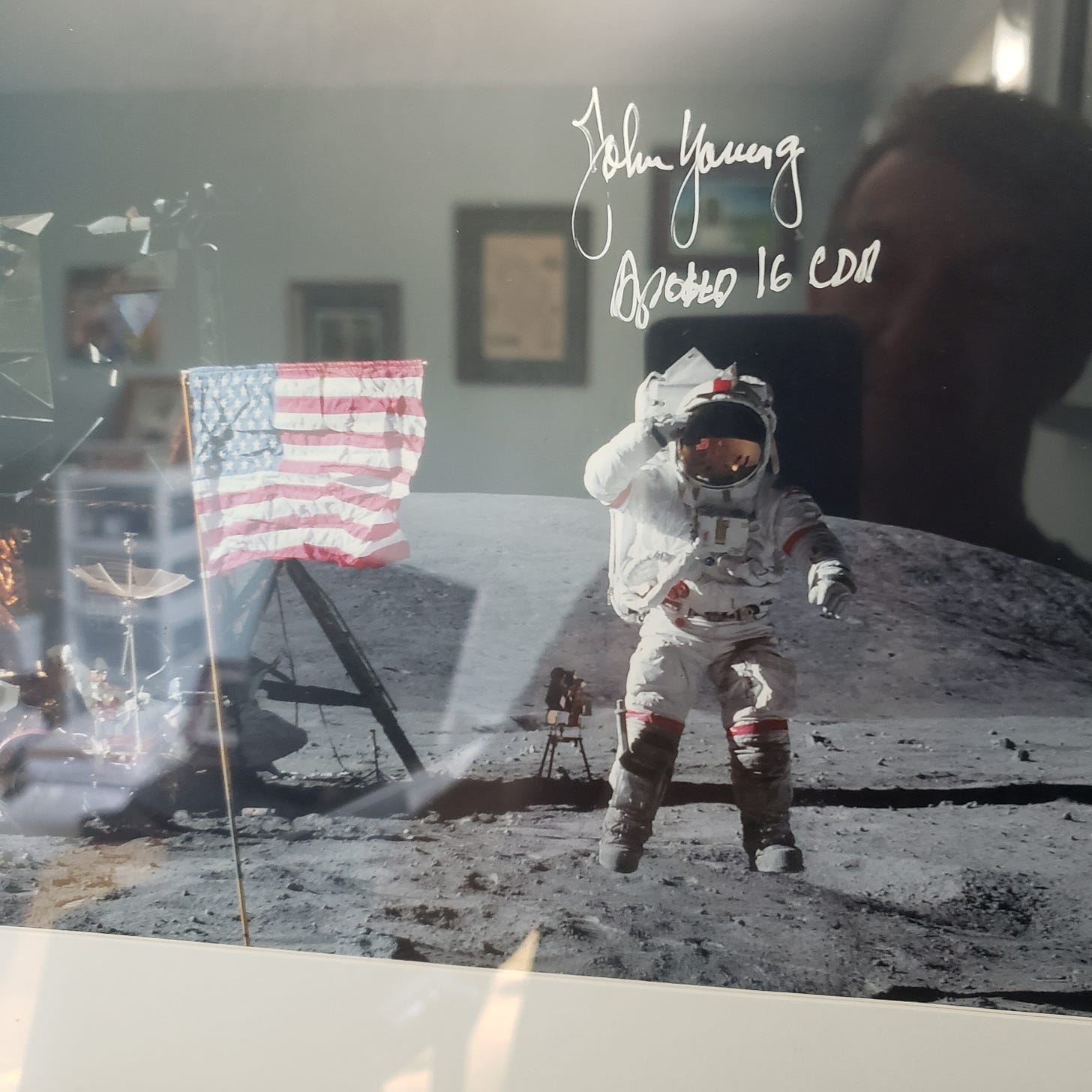
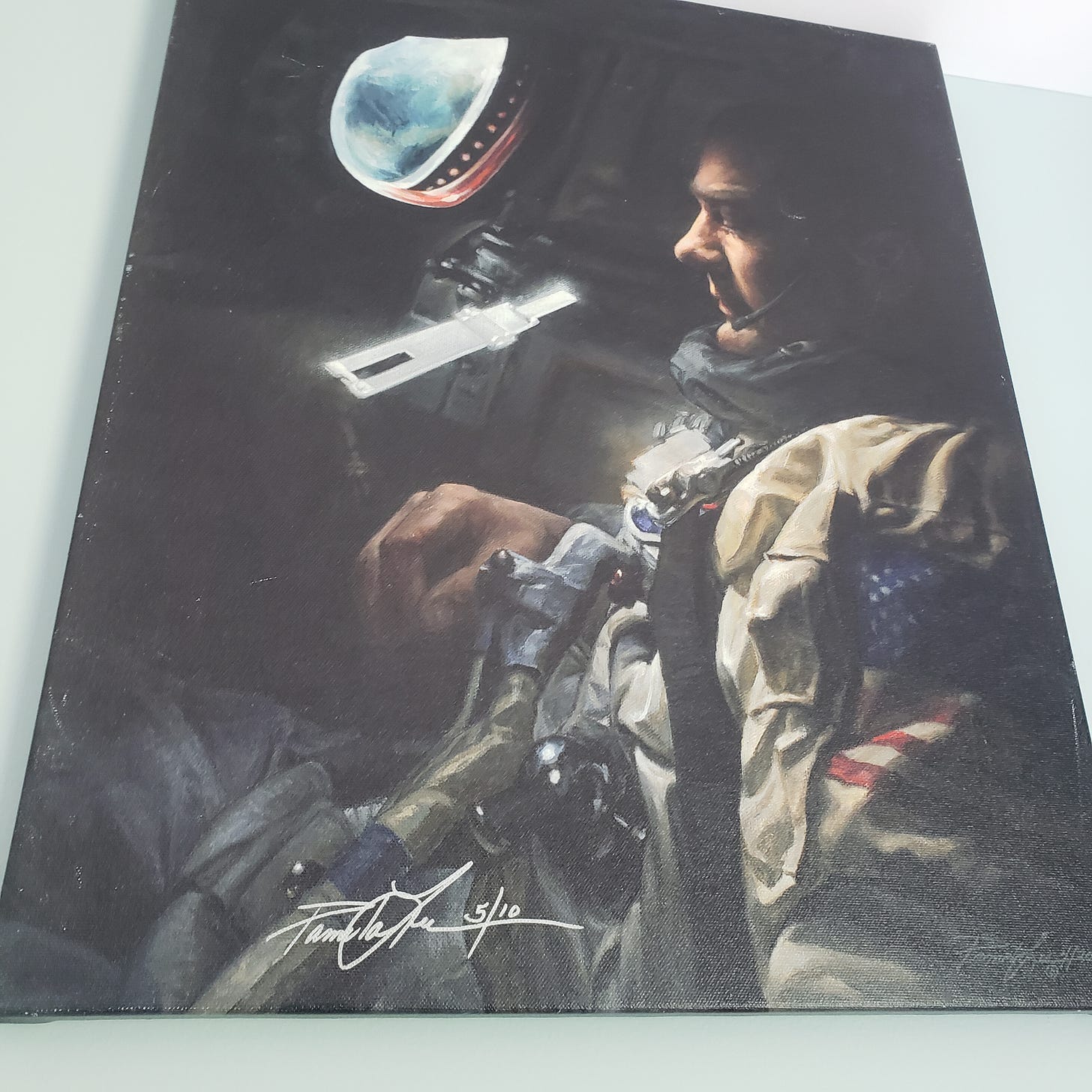


I'm glad you write and write for others. It's beautifully spent time. I haven't written in years. My poems aren't really pleasant ones. I used to write to talk to myself to get things out. It's cathartic. Maybe someday I will publish them.